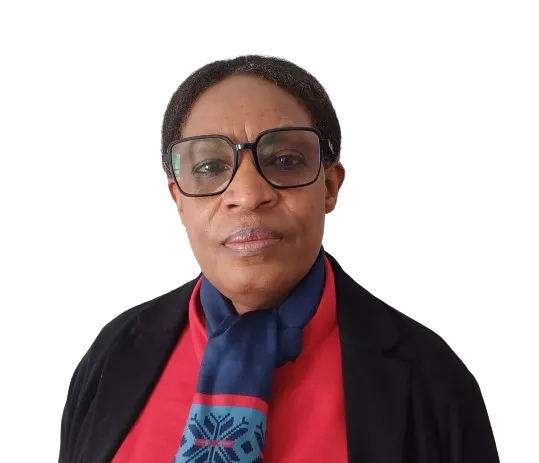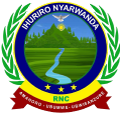
All human beings are entitled to an inherent right to live in peace and freedom and to the fair use of, and access to, the resources with which their nations are endowed for the promotion of the well being of all citizens of that nation.Every person is entitled to the rights promulgated by the Universal Declaration of Human Rights, the International Covenant on Civil and Political Rights, and other international conventions that explicitly ensure the freedom
of thought, association, and religion for all humankind. The principal rationale for the existence of government is to facilitate the realization of these fundamental and inalienable rights for all citizens.
Rwanda is an ancient nation
No doubt, every government that has exercised control over the Rwanda state during the course of our country’s long history can rightfully be credited for some developments that have been of benefit to
its citizens. On balance, however, virtually every Rwandan government has historically preyed on the citizenry and has suppressed realization and enjoyment of the inherent and universal rights of those whom they governed.
For most of our country’s history, our people have not had the opportunity to fully realize their aspirations for freedom, security, and prosperity. Rwanda was one of the first countries in post independence Africa to become a one party state. Autocratic government (in the form of a government controlled by an absolute monarch or an all-powerful president) has generally been the norm.
Elites in control of the state resorted to repression to perpetuate their monopoly of power.
Rwanda has long been, and remains, one of the world’s poorest nations and the gap between rich and poor has grown wider with the passage of time. Rwandan society has long been deeply divided by cleavages based on class,
ethnicity and region. Post independence adopted policies that institutionalized discrimination based on ethnicity and region. These cleavages have been exploited by elites competing for political power and access to resources and
have often led to cataclysmic conflict and indescribable human suffering, particularly over the last five decades.
Donec ornare, est sed tincidunt placerat, sem mi suscipit mi, at varius enim Mauris ienim id purus ort. Aene auat riss. Proin viverra. enim maurisupn est sed tincidunt placerat, ienim id purus ort
Lorem Ipsum is simply dummy text of the printing and typesetting industry. Lorem Ipsum has been the industry’s standard dummy text ever since the 1500s, when an unknown printer took a galley of type and scrambled it to make a type specimen book.
Rwanda National Congress (RNC) hold the unshakable view that Rwanda belongs to all Rwandans –
Hutu, Tutsi and Twa equally – and that freedom, justice, peace and economic and social development are inextricably linked.
We also share the firm belief that Rwandan society has not learned the necessary lessons from the traumatic events of the country’s recent past; that the threat of new and deadly conflict looms large over the country’s
future; that only profound change – rooted in popular aspirations for freedom, peace and material well-being – can avert the looming crisis; and that the current ruling government, far from working to address the issues that so severely threaten the very survival of the nation, adamantly refuses to acknowledge the necessity for fundamental political change.
 This policy document underscores the following:
This policy document underscores the following:
• Factors that make reform of Rwanda’s political and economic system imperative
• Vision of the future of our motherland that the RNC espouses
• Values that must underpin Rwanda’s political transformation
• Goals and objectives of the struggle for which the RNC seeks to mobilize the people of Rwanda Strategies by which the RNC intends to make freedom, peace and economic and social development a reality in every citizen’s life as a cornerstone of the realization of the full range of our people’s inherent human rights
